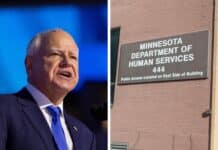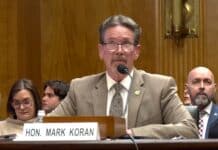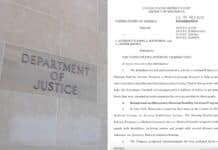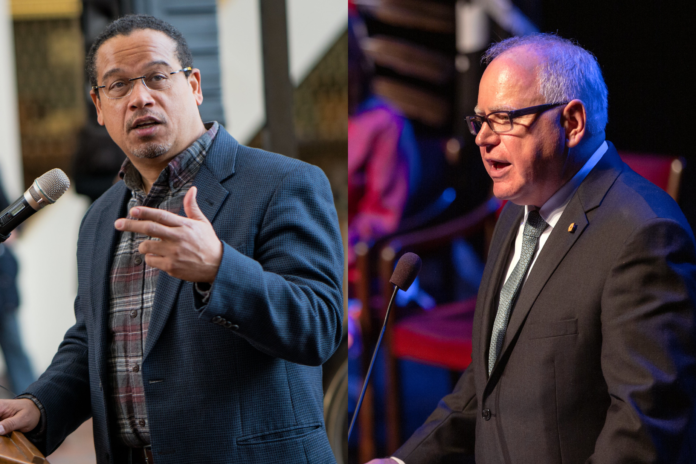
Minnesota’s ruling party can’t agree on whether the state’s largest city should “strike and replace” its police department, a question that will ultimately be left up to the voters this November.
Republicans firmly oppose the charter amendment to replace the Minneapolis Police Department with a new department of public safety, as do some Democrats, though perhaps less staunchly.
“It’s been distilled down to this: defund police or fund police? I know it’s more complex than that, but I think that poses problems,” said Democratic Gov. Tim Walz, who opposes the effort.
As Walz told Fox 9, much of the debate has been focused on technical questions about what the amendment actually does, leaving voters “confused” about its true impact.
The final language has been revised several times by the City Council but in its current form calls for amending the city charter to “strike and replace” the police department with a department of public safety. This new department “could include” police officers but only “if necessary.”
The proposal also removes a requirement that the city fund a minimum number of police officers per resident, eliminates the position of “police chief,” and deletes language in the charter granting the mayor “complete power” over the police.
The new department of public safety would be overseen by a commissioner nominated by the mayor and approved by the City Council.
But all voters will see is this:
“Shall the Minneapolis City Charter be amended to strike and replace the Police Department with a Department of Public Safety which could include licensed peace officers (police officers) if necessary, with administrative authority to be consistent with other city departments to fulfill its responsibilities for public safety?”
Some residents believe the language is intentionally vague and sued to block the city from administering the ballot in its current form.
“Nine members of the Minneapolis City Council approved an incomplete and misleading ballot question regarding an amendment to the City Charter that would eliminate the Minneapolis Police Department without any plan for replacing that department’s critical public safety functions. If approved, the new charter sections will become effective on December 2, 2021, and Minneapolis will no longer have a police department. Voters need to understand that outcome and timeline. The current ballot question hides that information from them. This must be corrected,” states a lawsuit filed by Bruce Dachis, Sondra Samuels, and Don Samuels, a former council member.
They think voters should also know that, if passed, the proposal will remove minimum funding requirements, the position of police chief, and references to the mayor’s control of the police.
A group calling itself All of Minneapolis agrees — not to be confused with Yes 4 Minneapolis, the well-funded group that successfully petitioned to get the question on the November ballot.
Leili Fatehi, campaign manager for All of Minneapolis, said the final ballot language approved by the council “is so vague as to be nearly meaningless to any voter trying to glean what they’re voting on.”
“This language should be recognized for what it is: an attempt by some members of the Council to hide from voters the most basic facts of what the amendment does so that they’re more susceptible to political propaganda that misleads about the fact the amendment removes the position of the Chief of Police, the minimum police funding and staffing requirements, and gives authority for public safety and policing to the City Council,” she said in a statement last month.
It’s this last element that prompted Chief Medaria Arradondo to issue a rare public statement.
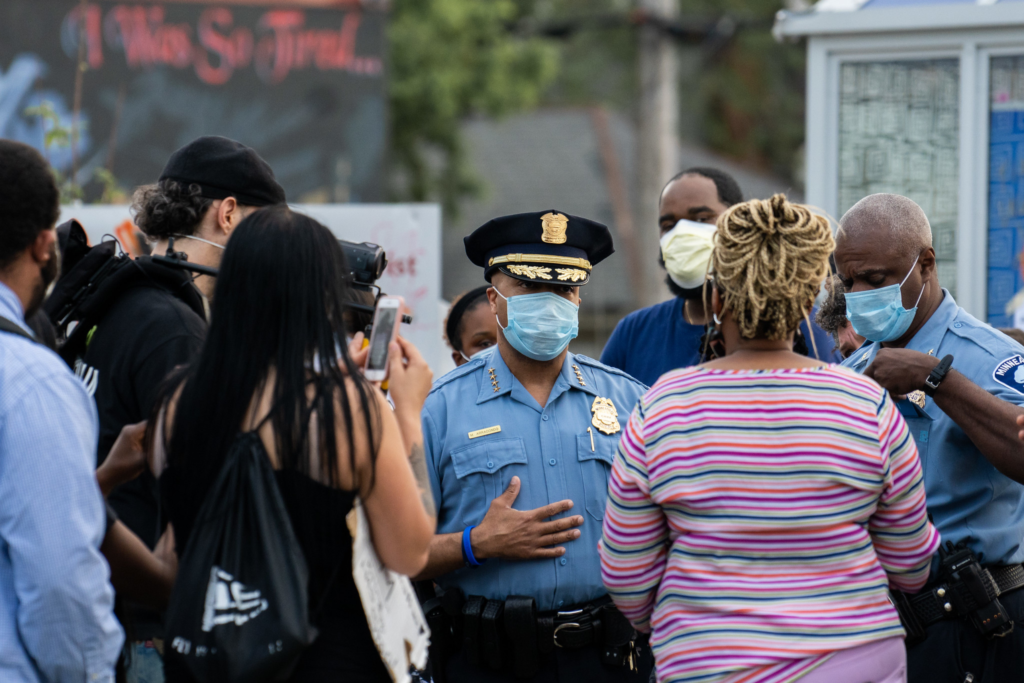
“If the current city charter amendment to the reporting structure passes and results in bringing 14 different people into Minneapolis’ daily reporting structure, it would not just be confusing — it would be a wholly unbearable position for any law enforcement leader or police chief,” he said.
Proponents of the charter amendment, such as Rep. Ilhan Omar, have suggested that Arradondo could be appointed to the new role of public safety commissioner but there’s no guarantee.
“The charter amendment will give Minneapolitans the power to make that decision for the first time in 60 years, outside of an unelected Charter Commission or police union that block grassroots change. The applicable part of the City Charter was written in 1961, under pressure from the police union. And unlike almost every other city in the country, it mandates how the city funds its police forces with no flexibility over what types of personnel it can employ or the number of officers on the job,” she said in a recent op-ed.
Other progressives like Minnesota Attorney General Keith Ellison side with Omar.
“Fundamentally, communities across Minneapolis need and want the possibility for reform and accountability, which the current charter blocks by locking us into an outdated model for law enforcement and safety. They want to end the cycle of inaction,” said Ellison, who plans to “vote Yes for greater public safety.”
But his party’s more “moderate” members, like Sen. Amy Klobuchar, disagree with the amendment.
“Sen. Klobuchar has long advocated for much-needed police reform legislation in the Senate. She has also repeatedly stated her opposition to defunding the police. She does not support this ballot measure,” a spokesperson told Fox 9.
Democratic Rep. Angie Craig also came out in opposition to the ballot initiative, a move that was criticized by some progressives because she doesn’t actually represent any of Minneapolis
Sen. Tina Smith hasn’t taken a position and said she is “still reviewing its impacts.”
The city’s Democratic mayor, Jacob Frey, who will also be on the ballot in November, opposes the charter amendment. He attempted to veto the proposal but was overruled by the “vote yes” camp on the council.

